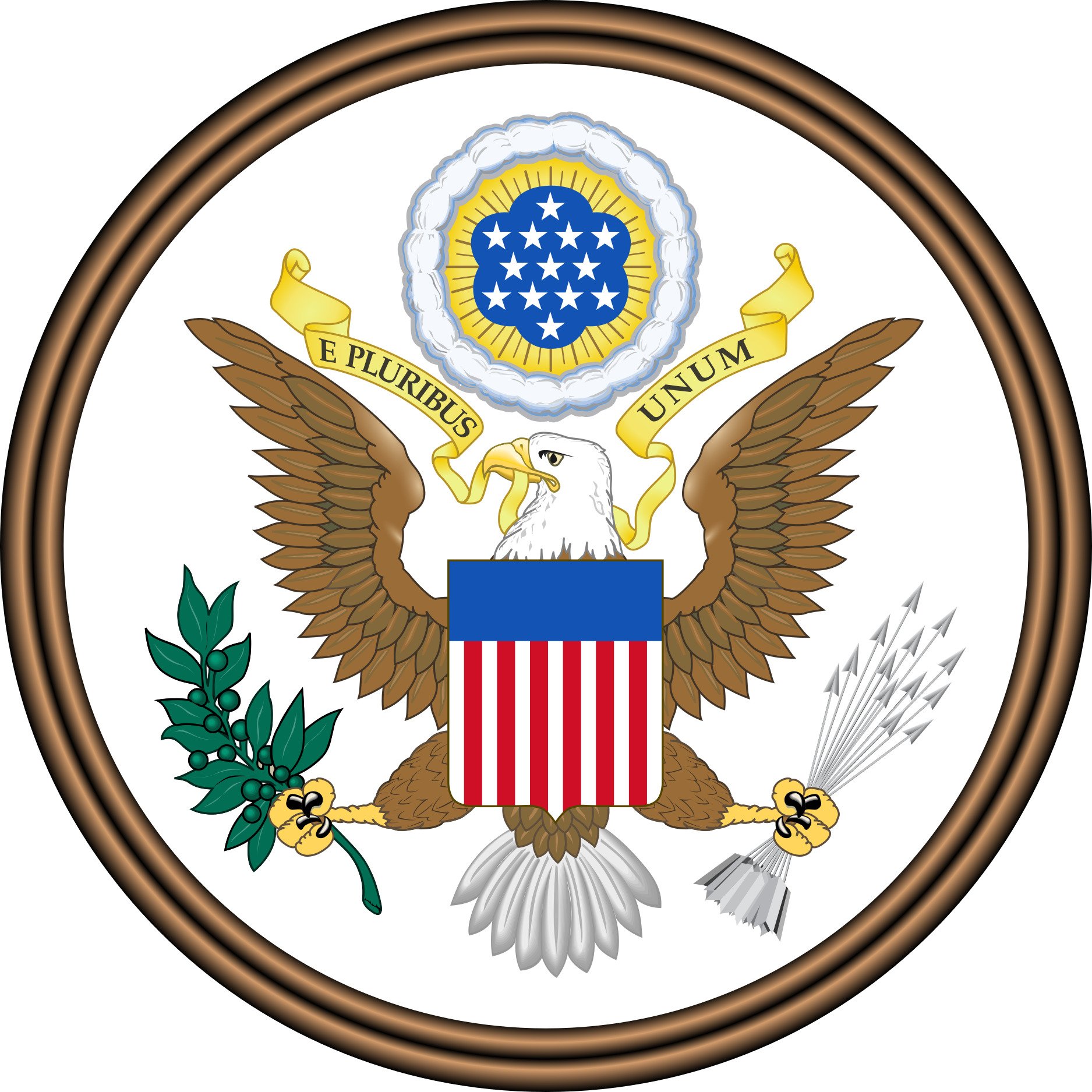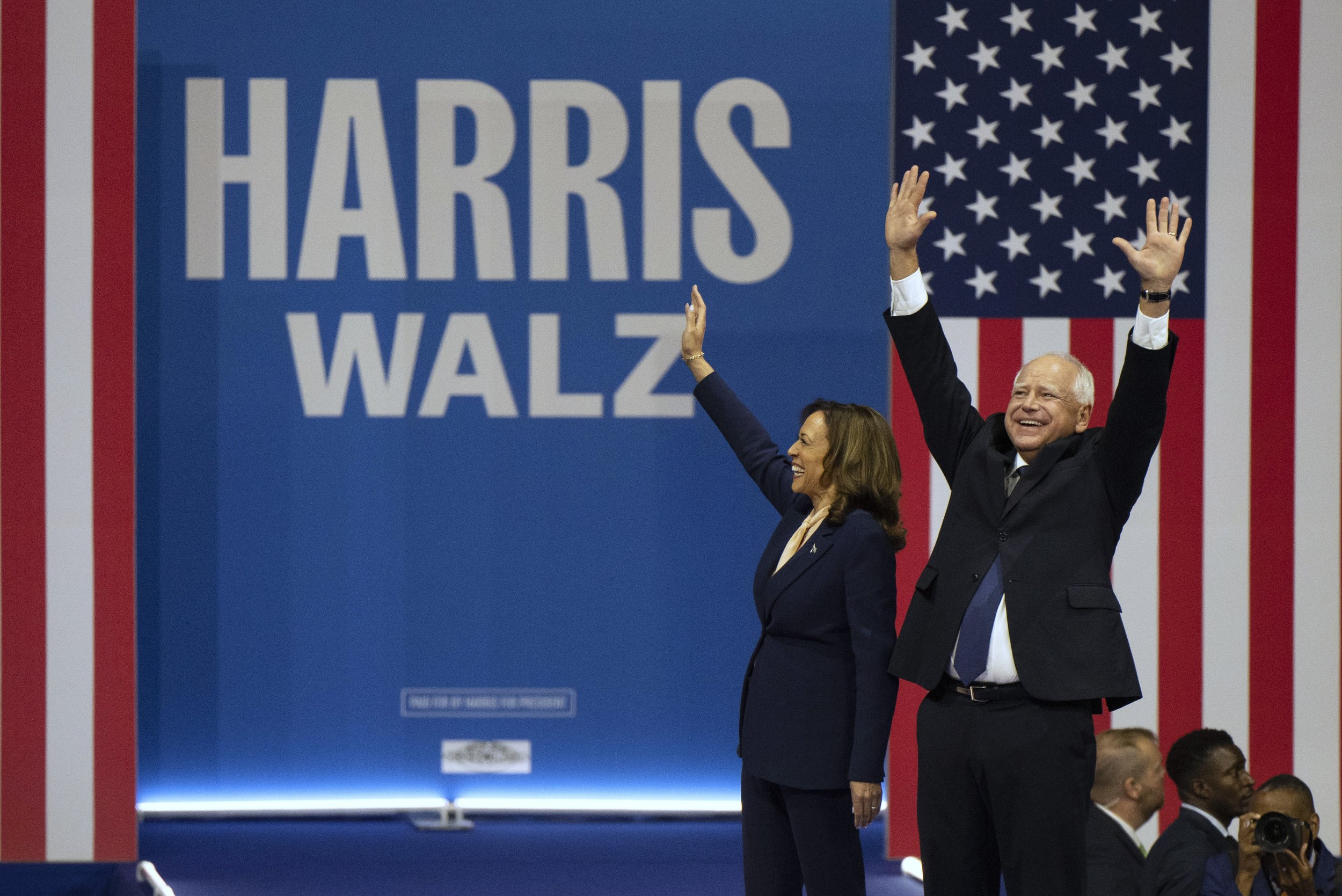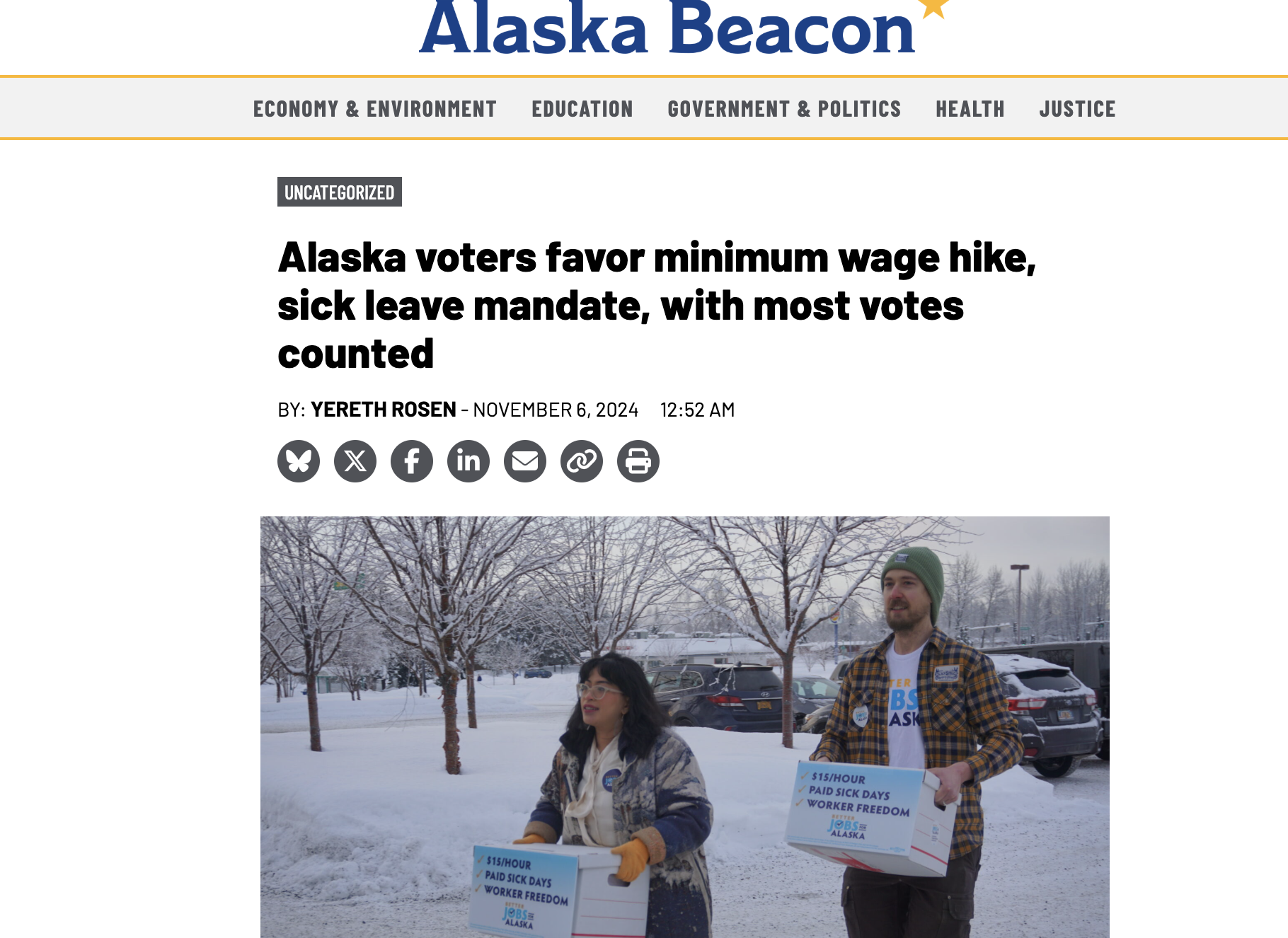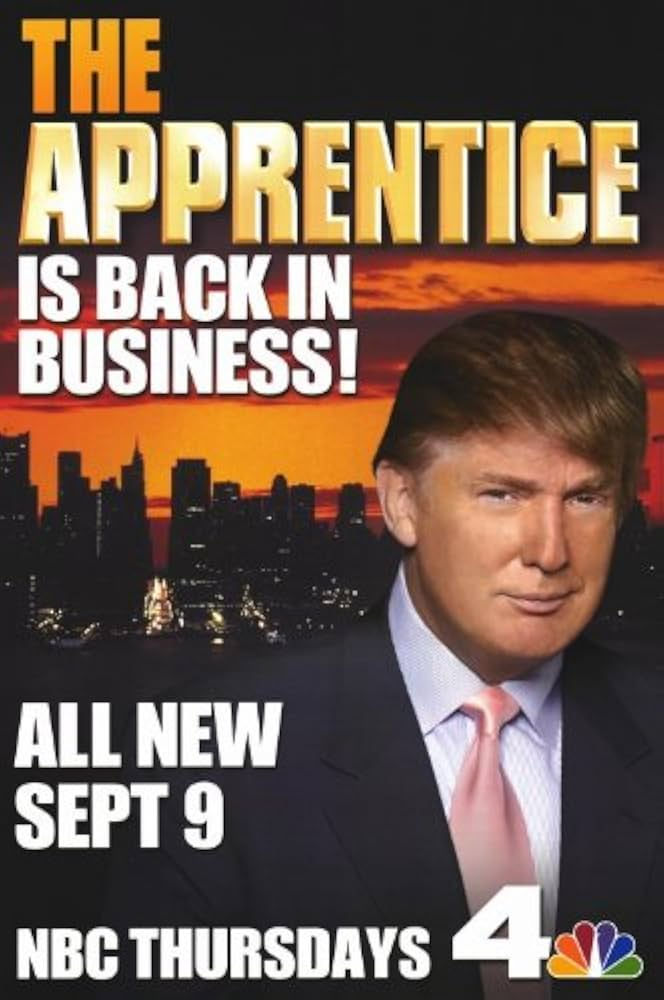The 2024 U.S. election cycle proved to be exceptionally costly, with total spending across all races reaching into the billions of dollars. Presidential candidates raised approximately $2 billion, while congressional races attracted around $3.8 billion, and overall spending across local and federal elections exceeded $11Billion Dollars. A significant portion of this funding came from powerful Super PACs and "dark money" groups, whose undisclosed contributions further influenced the political landscape.
Small-dollar donations significantly contributed to the 2024 U.S. election cycle, collectively amounting to hundreds of millions of dollars for various campaigns. For instance, Kamala Harris's campaign received nearly 43%($428 Million) of its funds from small donors, while Donald Trump's garnered about 29%($109 Million) from this segment. Online platforms and text messaging were crucial in facilitating these grassroots contributions, making it easier for individuals to participate. This form of funding often brings a broader and more demographically representative base of support to campaigns. However, despite their substantial collective sum, small-dollar donations were still dwarfed by the massive influx of money from large individual donors. Ultimately, while showing strong grassroots engagement, the overall financial power in the 2024 election cycle largely remained with high-dollar contributors and Super PACs.
Nationally, the presidential election concluded with Donald Trump winning the Electoral College with 312 votes, defeating Kamala Harris. In Congress, Republicans secured control of the Senate with 53 seats, while also maintaining their majority in the House with 220 seats, resulting in a Republican trifecta in the federal government. At the state level, Republicans gained control of the Michigan House and achieved a tie in the Minnesota House, shifting the balance of power in those legislatures. Additionally, numerous ballot measures on contentious issues like abortion were decided by voters across various states. Ultimately, the 2024 elections underscored the growing influence of campaign finance and solidified a distinct shift in partisan control at both federal and select state levels.





























